
News writer
This past summer in Iowa, we watched 1,380 fairgoers scratch lottery tickets at the Iowa State Fair. The event was marketed as being a fun way to celebrate the Iowa Lottery’s 40th anniversary, but also try and beat a Guinness World Record. The record was broken, but behind the confetti and commemorative tickets, Iowa Lottery officials were signaling something bigger: scratchers are about to matter more than ever.
Scratchers are the backbone of the business
The message is clear for Iowa and most U.S. lotteries. These quick-play games are still the backbone of the business. More than two-thirds of Iowa’s annual revenue comes from scratch-off tickets, a figure that has stayed remarkably steady even as big multi-state jackpots have become increasingly unpredictable.
For those fiscal years when Powerball and Mega Millions jackpots fail to climb into the billion-dollar range, where all the lottery buzz takes place, scratch-off tickets often determine whether a lottery finishes up or down.
For FY 2024-2025, the Iowa Lottery finished down. In an interview with Business Record, Iowa Lottery CEO Matt Strawn said the state saw sales for Powerball tickets drop by more than 50%.
Strawn said this wasn’t because there was a lack of interest, but because only one jackpot cracked the billion-dollar mark. The year before, lottery players chased five megajackpots.
That lack of consistency is why Iowa and many other states are doubling down on the dependable products that players buy year-round: scratch-off tickets.
Scratchers keep lotteries afloat
It’s not just Iowa. Across the country, scratch-off tickets routinely make up 60 to 75% of total lottery revenue. During those years when Powerball and Mega Millions lack in the big jackpots, scratch-off tickets often help cushion the blow of lower ticket sales.
Iowa isn’t alone. Across the country, scratch games routinely make up 60% to 75% of total lottery revenue, according to annual financial reports from state lotteries including Pennsylvania and Florida.
In Pennsylvania, scratchers brought in $2.9 billion last year. This accounts for more than 67% of total traditional sales.
In Florida, instant game sales actually grew 3.3% for FY 2024-25. Those sales actually make up about 74% of total Florida Lottery ticket sales for the year.
Why now?
The Iowa Lottery wants to make scratchers fresh, fun, and fast, but why now? Strawn said they are rolling out more limited-run themes, upgrading ticket designs, and tightening development schedules so new scratch-off tickets appear more regularly.
For instance, the lottery recently released branded tickets for Pac-Man and Jurassic World. These tickets were designed to grab the attention of players without having to rely on blockbuster jackpots to draw players in.
The typical cycle for developing these new games is six to eight months, which covers everything from graphic design to prize structures and security reviews.
This new focus on scratch-off tickets is also about economics. The costs for printing and logistics for instant tickets have been rising. That makes each release more expensive to distribute throughout the state.
So, if scratchers are going to remain the lottery’s stabilizer, then they have to continue to perform well with sales. That is why these promotions and special events are popping up more and more.
The hidden pressure behind a very public celebration
The Guinness World Record event was a splashy reminder that scratch-off tickets still drive Iowa’s lottery system. The lottery helps fund everything from veterans’ services to state education programs.
Lottery officials also wanted to bring players back to the core experience: small stakes, fast wins, and the kind of entertainment that doesn’t require a $1.5 billion jackpot to feel exciting.
We have another year of uncertain multistate jackpots, so the message from the Iowa Lottery was simple: scratchers are still the heart of the lottery, and the part they can actually control.
Enjoy playing the Iowa Lottery, and please remember to play responsibly.
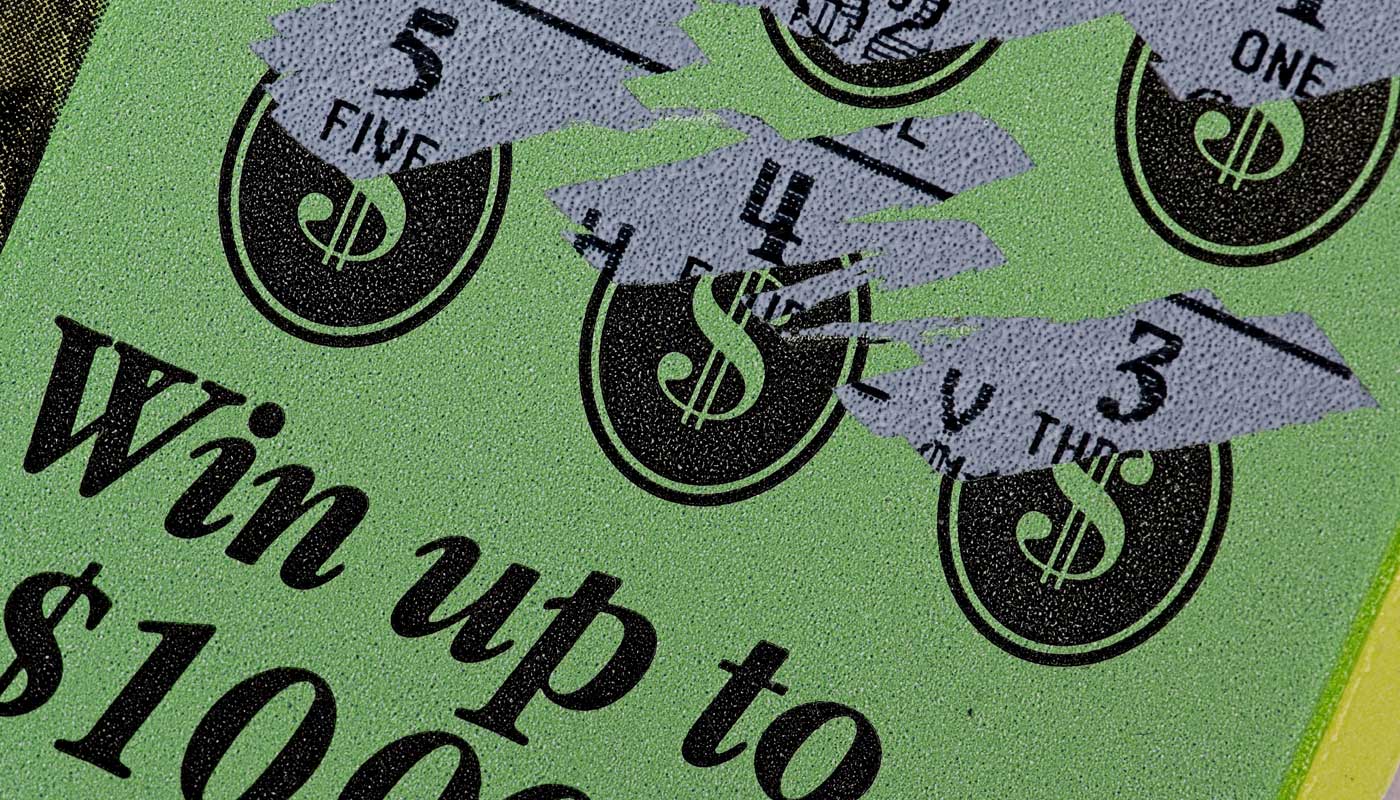
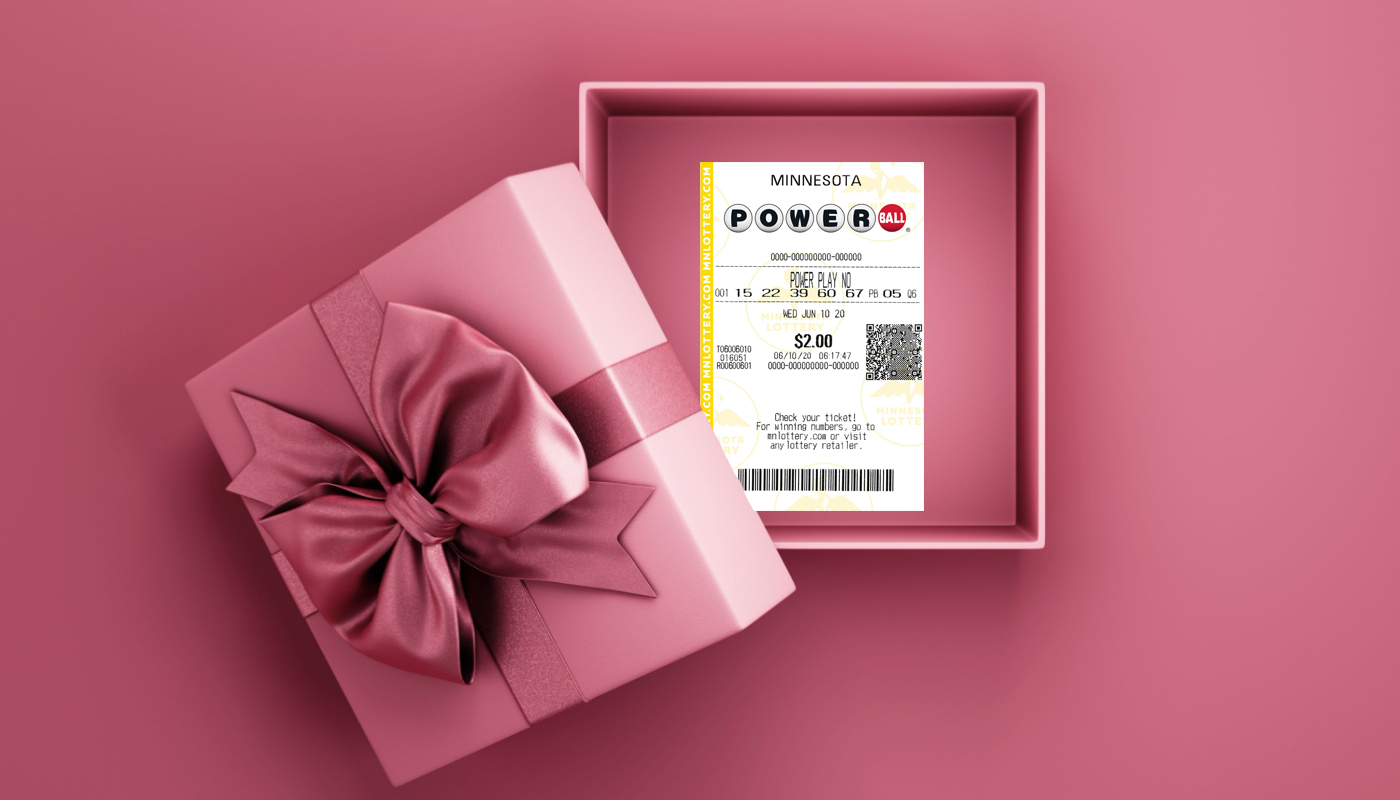

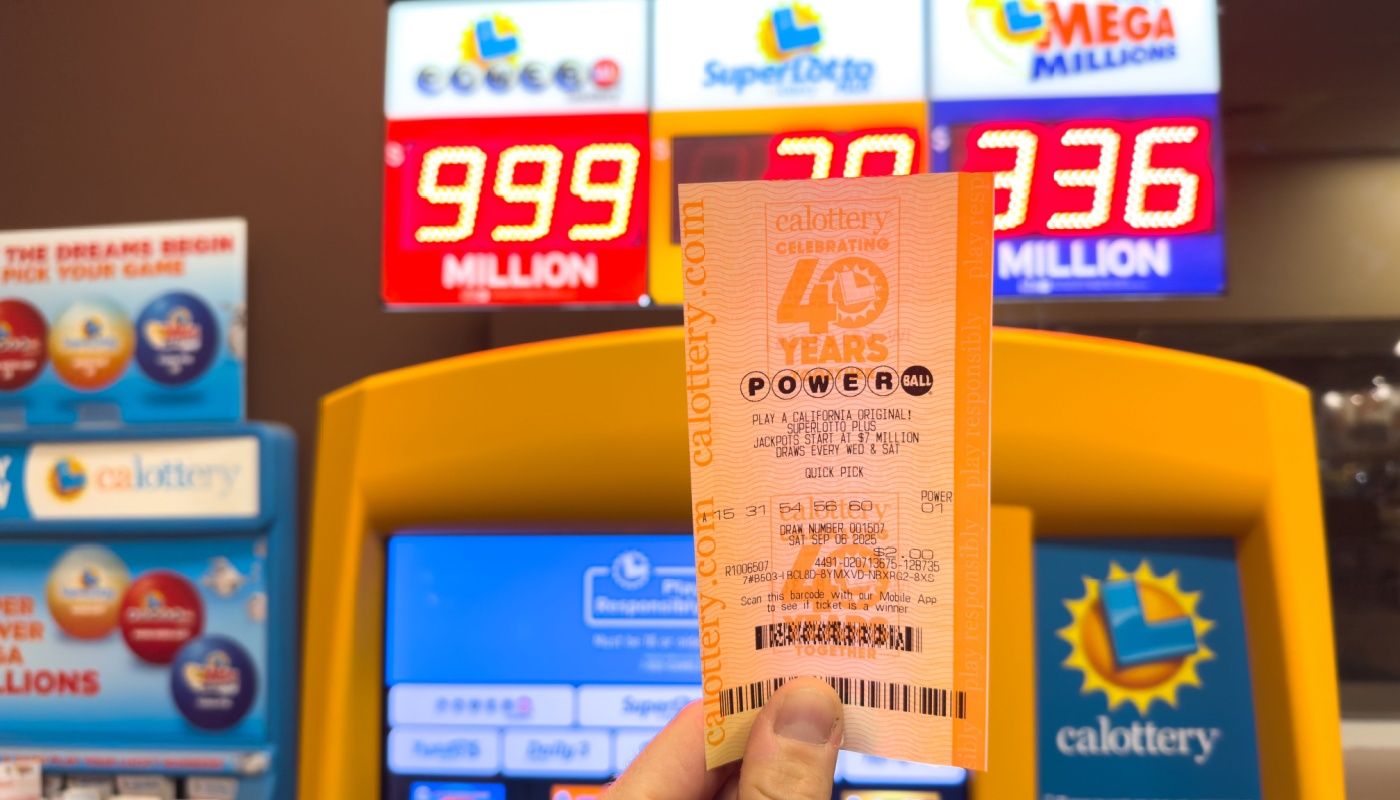

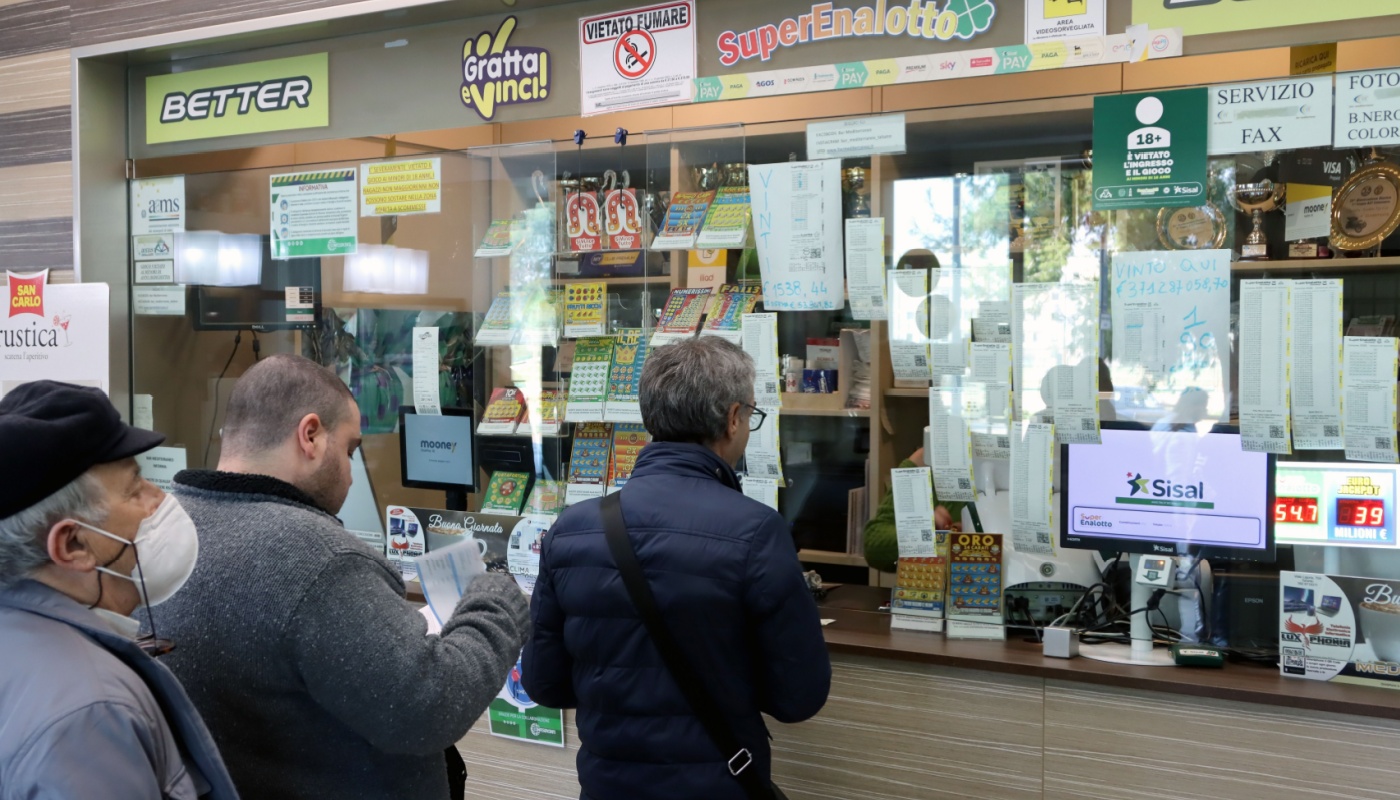




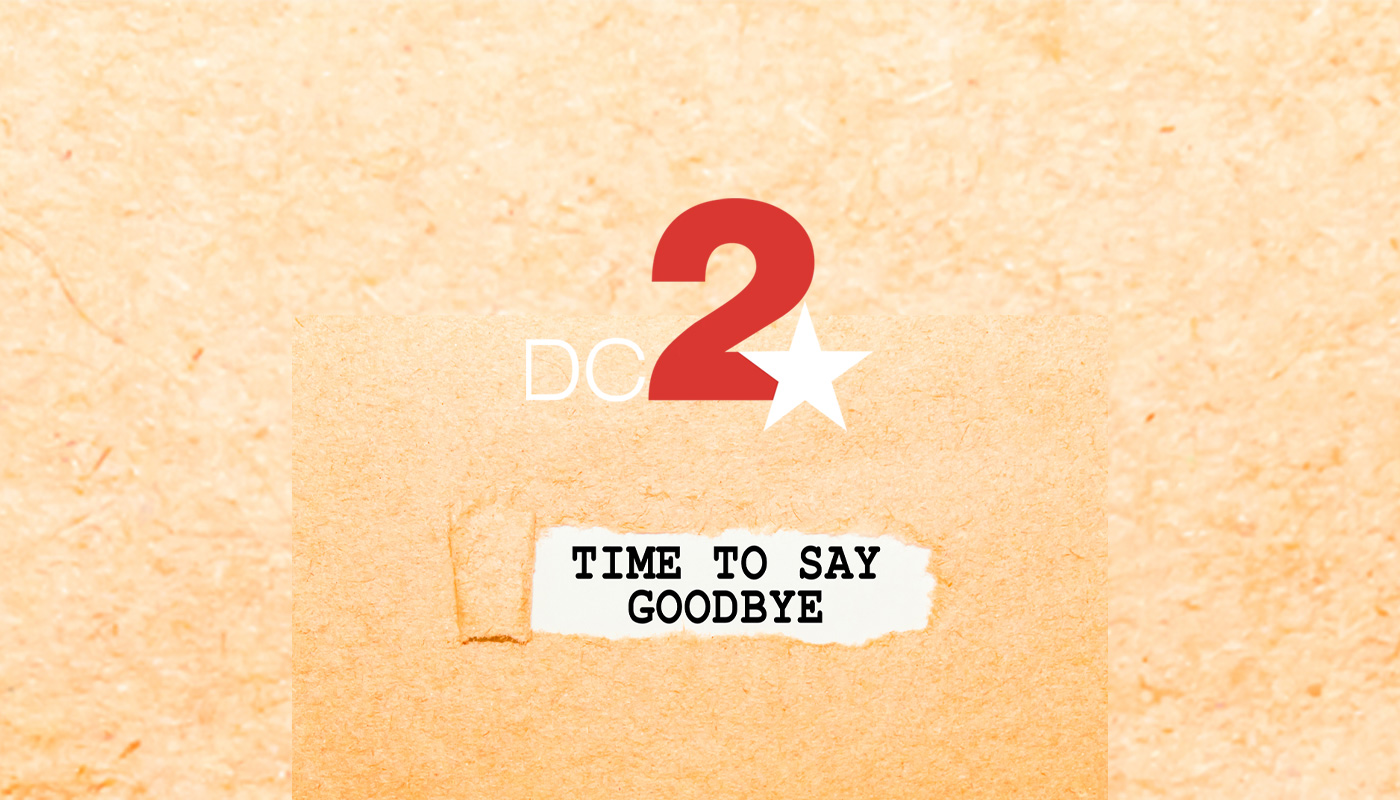










Comments